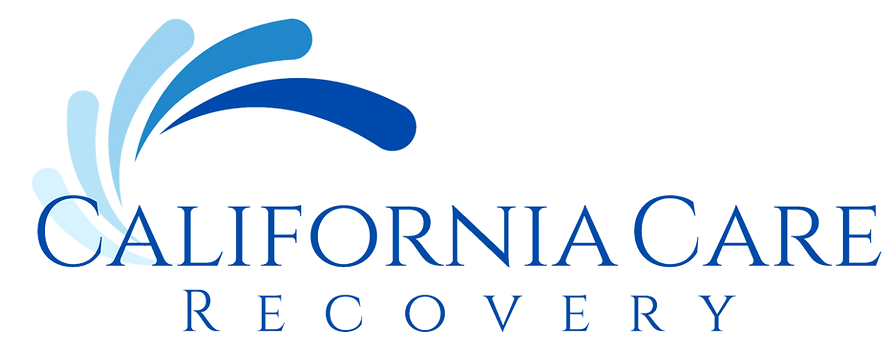Completing a rehabilitation program is a monumental achievement, a testament to your strength, courage, and commitment to a new life. As you step outside the structured, supportive environment of a treatment center, the path forward is filled with both promise and new challenges. One of the most significant hurdles to navigate is the return to your professional life, as the prospect of going back to work after rehab can bring a mix of emotions—excitement to regain normalcy, but also anxiety about potential triggers, workplace dynamics, and navigating conversations about your absence. This transition is a critical phase of your recovery journey, requiring a new level of awareness and preparation.
If you’re feeling apprehensive about this step, know that you are in good company and that a fulfilling career and sustained sobriety are not mutually exclusive. According to a survey from the Substance and Mental Health Services Administration (SAMHSA), about 70% of all adults with a substance use disorder (SUD) are employed. This highlights a crucial reality: the workplace is a common and vital setting for millions of individuals actively navigating their recovery journey every single day.
We spend a large portion of our lives on the job, and it’s a space that can unfortunately be a source of stress, social pressure, or cravings. At the same time, the workplace can also provide unmatched support, structure, a sense of purpose, and benefits that are crucial for your well-being. Successfully re-entering the workforce requires a proactive approach. It’s about more than just showing up; it’s about advocating for your needs, establishing healthy boundaries, and leveraging the right resources. This guide will provide actionable strategies to help you confidently navigate your return to work after rehab, manage potential challenges, and build a professional life that supports and enhances your long-term recovery.
Preparing to Return to Work After Rehab

It is essential to take a self-inventory to prepare to leave rehab and head back into the workforce. Assess your self-esteem level. Are you feeling confident in your ability to remain sober while incorporating the stress and responsibility of work back into your life? How is your mental health? You must have a plan for continued care before starting back. Will you continue to go to therapy and peer support meetings? How will you handle the possibility of burnout?
You cannot prepare for everything but practicing your coping skills, knowing when to reach out for external support, and feeling stable are important to your health. Before getting back into the hustle and bustle of work, ensure you feel secure in other aspects of your life. You should have a dedicated safe space to live. You should have support from counselors, friends, family, or a sober support group. These are aspects of your life that you were introduced to during rehab but now need to apply to your life.
Remember that not everyone in the office may know or understand your situation. Your expectations will likely differ from those of your coworkers. While nothing has changed for them in your absence, you have changed a lot. Try to acknowledge and accept that you are rejoining a culture and atmosphere from when you were using.
Maintaining Your Sobriety While Working
With the realization that the office is the same as it always was, but you are not, you can start to adjust. Take your time getting back into the swing of things. Don’t expect yourself to fall back into your old routine. That routine played a role in your addiction. You’ve now learned coping skills, so take account of those before you fall into old habits.
You don’t want to overwhelm yourself too quickly. Ask your boss if you can come back part-time at first or partially work from home if that feels like it will help you ease back in. As you progress in your recovery, you can take on more work and responsibility. There is no shame in taking your time. You would rather over-deliver than over-promise.
In addition to actions you can take at work, be sure to continue practicing mindfulness, self-care, and other tools you learned during treatment:
- Have a balanced diet
- Exercise regularly
- Practice mindfulness and meditation
- Reach out to your support system (a loved one, sponsor, or support group)
- Try to get enough sleep
- Avoid tempting people and situations
- Find safe and healthy hobbies to help you relax after work
Doing Your Work For You
Even with all the practice and support in the world, sadly, there is still a decent amount of stigma regarding those in recovery from addiction. It is up to you as to what you share with your employer and coworkers.
Not everyone feels comfortable opening up about their recovery. If you’re unsure about what you’d like to do, it can be helpful to discuss this topic with your therapist, sponsor, or other members of a recovery support group. You can hear what others have experienced and decide what feels right for you.
If you wish to share your story with your workplace, it can help to provide educational sources or offer up a discussion to those who want to learn more and support you. If not, you can offer as much information as you’d like and let everyone know what you are willing to share and what you don’t wish to discuss further.
You can also just share with your employer and let them know you’d like this to remain confidential. This way, they can accommodate your needs without causing backlash or judgment.
Returning to work after rehab can be intimidating. You may quickly be overwhelmed with the world you left to seek treatment. It hasn’t changed, but you have. Adjusting to the routine you had before getting sober can be triggering. It is vital that you take care to make your sobriety your priority and take your time getting back into work to ensure you stay in recovery. Whether you choose to open up about your recovery at work or not, California Care Detox & Treatment offers guidance for all clients in this situation. We are here for alumni and current clients. If you need help speaking to your employer or managing the stress of this adjustment, we can help. Don’t hesitate to reach out for further guidance, even after rehab. Call us at (949) 281-0632 with any questions. You are just a call away from help.
